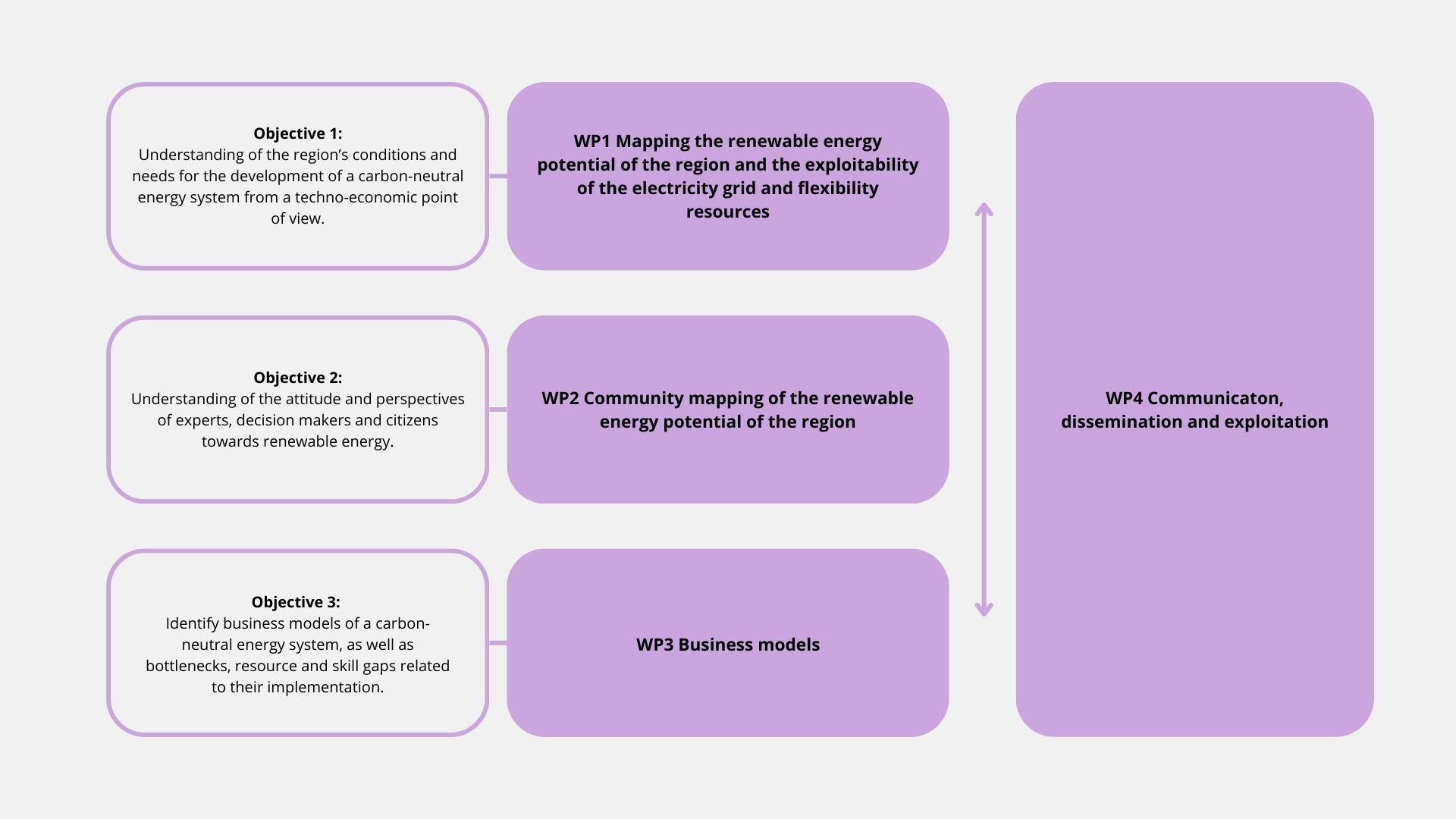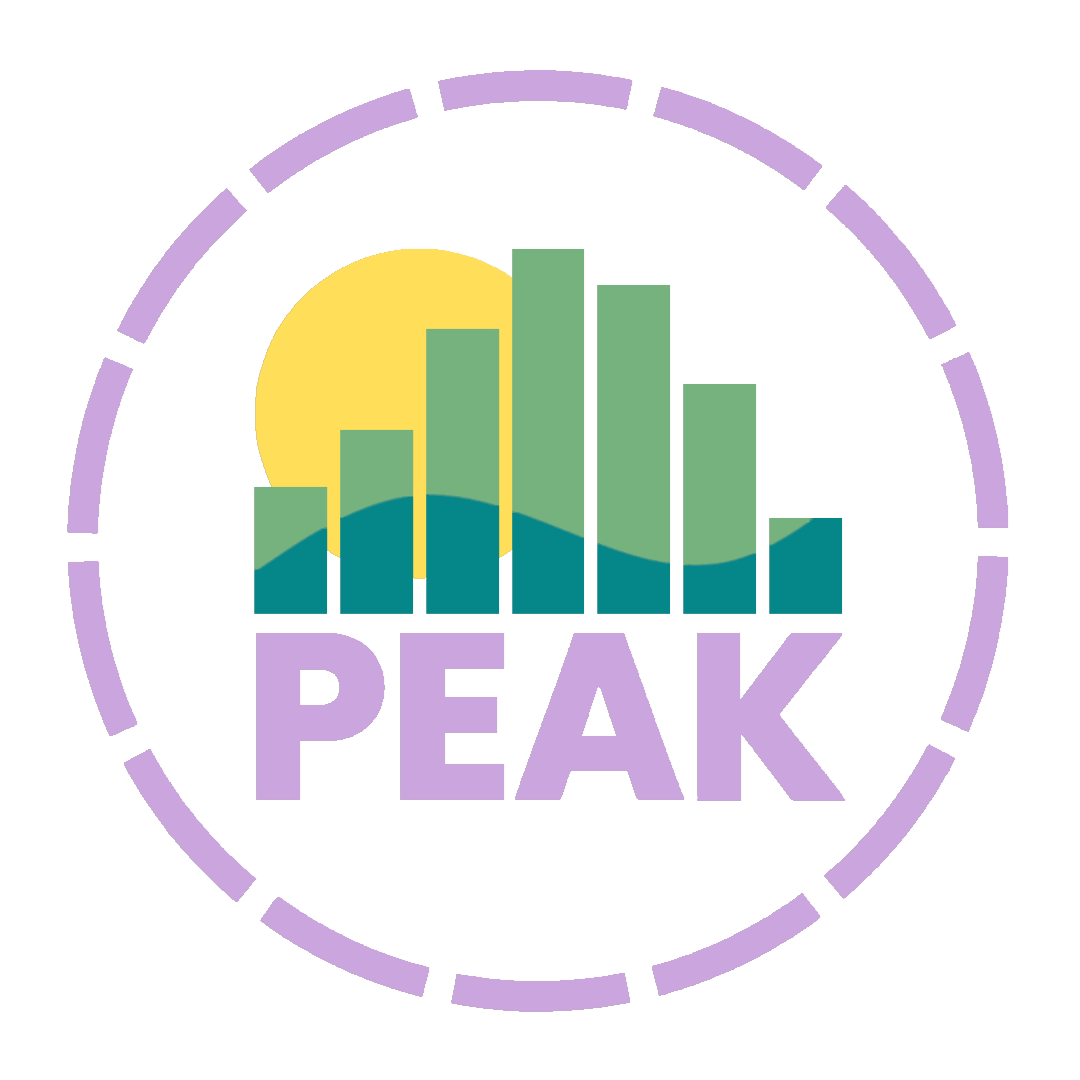![]()
New project explores development opportunities for a regional energy system in Ostrobothnia
The University of Vaasa and Aktion Österbotten join efforts in the PEAK – Development of the regional energy system in Ostrobothnia project to explore the possibilities of developing a regional energy system in Ostrobothnia to be carbon-neutral, taking renewable forms of energy into account. This initiative supports the Finnish´s national strategy to develop the energy system towards carbon neutrality both by abandoning the energy use of peat and by integrating renewable forms of energy into the smart energy system. Specially, to the need of improving regional energy self-sufficiency, security of energy supply and the resilience of the electricity grid. This project pays particular attention to the need of adopting these changes by the development of a regional energy system based on reliable information on the characteristics of the region and the active participation of key stakeholders and actors in the development work.
The PEAK project, which will be implemented in the area of the electricity distribution network owned by Esse Elektro-Kraft Ab, explores development opportunities comprehensively from a technical, community and business perspectives through three objectives.
The first objective is to produce an understanding of the prerequisites and development needs of the region for developing a carbon-neutral energy system from a techno-economic perspective. The focus is on a) renewable energy production potential), b) electricity network capacity, flexibility opportunities and flexibility/development needs for integrating renewable forms of energy into the grid, and c) techno-economic calculations related to both energy potential and electricity network development.
The second objective is to produce an understanding of the attitude and perspectives of experts, decision makers and citizens towards renewable energy. The review focuses on mapping and activating the local field of actors and on involving them in the development of the energy system. The measures (interviews, workshops, meetings) are targeted and located especially in Esse Elektro-Kraft’s area of business.
The third objective is to identify and outline business models related to the various functions and actors of the regional energy system (e.g., prosumers and energy communities) and recognize possible bottlenecks and resource and skill gaps related to the implementation of potential business models.
The project’s broad review will increase interaction between actors and create a strong foundation for promoting and implementing new developments, which are expected to significantly accelerate positive changes in the region’s energy system.
The results of the project include:
- Report of the area’s renewable energy potential
- Results of the electricity grid analysis in order to maximize the utilization of renewable energy production
- Summary of the results concerning the community workshops and interviews, and 2 blog posts
- Report on the potential business models of a carbon-neutral energy system and the related resource and competence needs, considering also the legal boundary conditions
- Final report, containing the summaries of the key results of each work package as well as recommendations concerning for the development of a carbon-neutral regional energy system
The expected long-term impacts of the project include a reduction in CO2 emissions, a gradual decarbonisation of the energy system, a positive change in attitudes and a growing interest in participating in the development of the regional energy system. In addition, the energy system and electricity grid are expected to become smarter so that it enables greater renewable energy capacity and cooperation between different actors in energy production.
The project consists of the following Work Packages:
WP2: Community mapping of the renewable energy potential of the region
WP3: Business models
WP4: Communication, dissemination and exploitation

